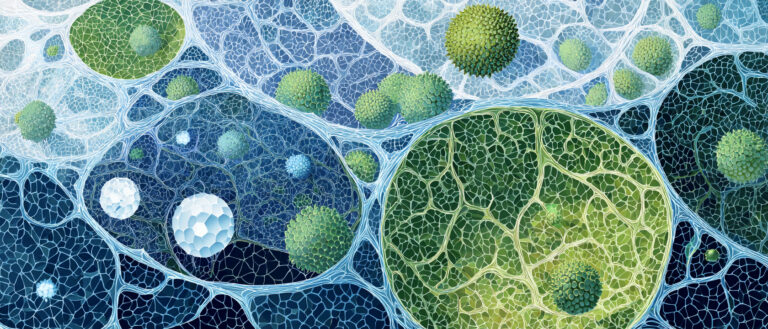Authors: Jürgen Glas, Julia Seiderer, Cornelia Tillack, Simone Pfennig, Florian Beigel, Matthias Jürgens, Torsten Olszak, Rüdiger P. Laubender, Maria Weidinger, Bertram Müller-Myhsok, Burkhard Göke, Thomas Ochsenkühn, Peter Lohse, Julia Diegelmann, Darina Czamara, Stephan Brand
DOI: 10.1371/journal.pone.0014466
Abstract Summary
Two novel NOD2 gene variants (rs2066843 and rs2076756) significantly increase Crohn’s disease risk in a study of 2,700 Caucasians. These variants are more common than previously known NOD2 mutations and link to severe disease features including penetrating complications, fistulas, and increased need for surgery. The findings expand our understanding of genetic susceptibility to Crohn’s disease.
Why Brain? 🧠
Novel NOD2 gene variants rs2066843 and rs2076756 are common in Crohn’s disease patients and linked to severe complications like fistulas and need for surgery, offering new genetic markers for disease risk assessment.
License: CC BY.
The image is AI-generated for illustrative purposes only. Courtesy of Midjourney.




